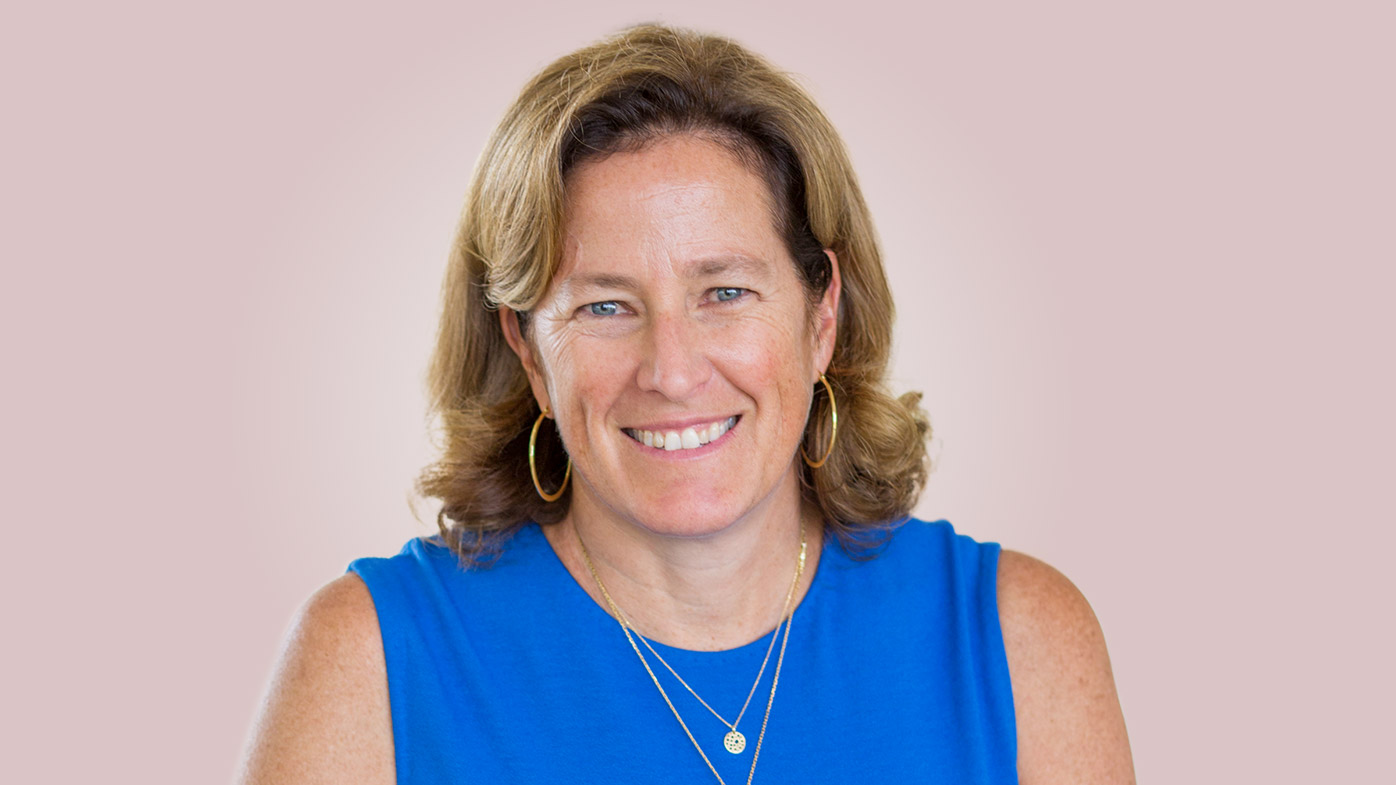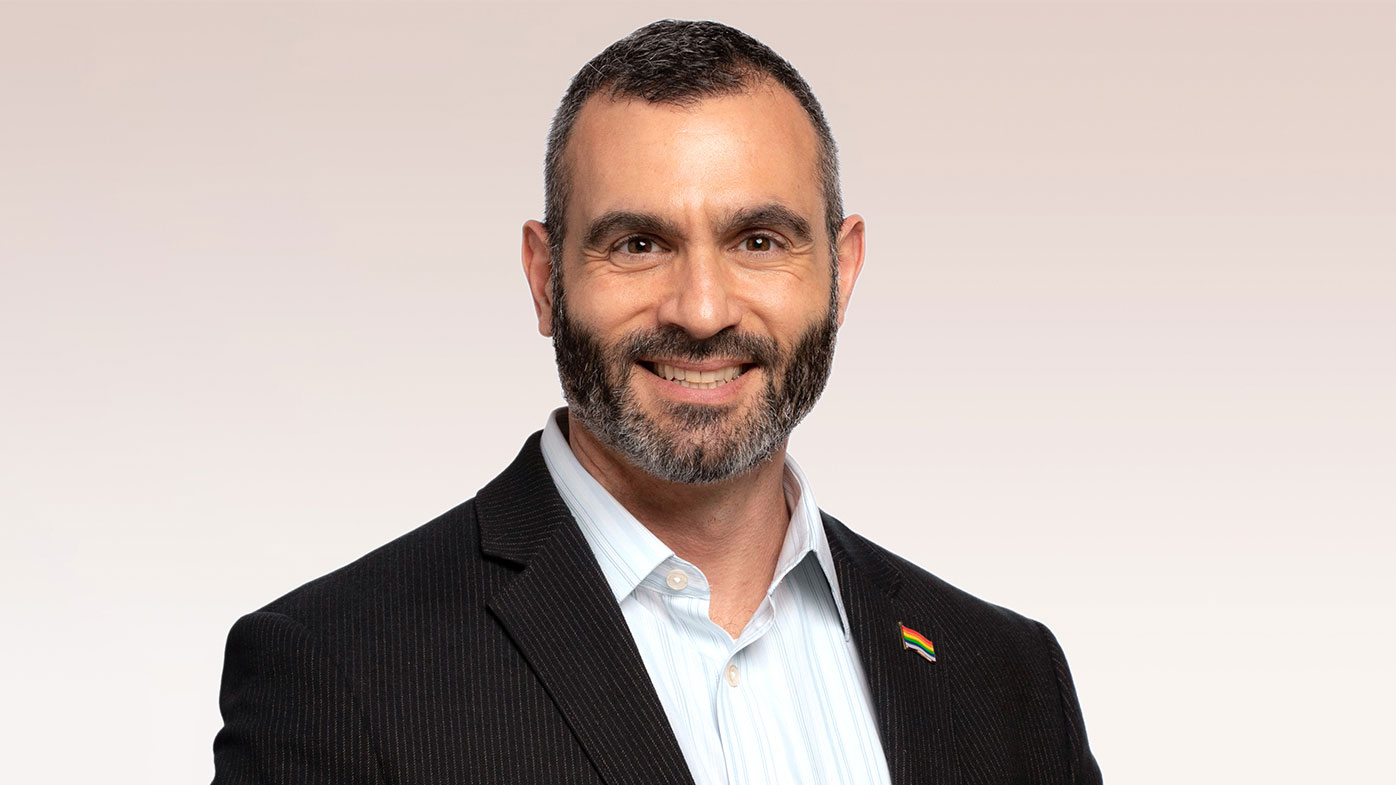
Patricia Doykos, executive director, Health Equity, Bristol Myers Squibb
Over the past year, those gaps that Doykos says have always existed have been further exacerbated and exposed by the ongoing COVID-19 pandemic – and yet, at the same time, health equity initiatives have expanded and evolved in important ways.
What once were small-scale, disease-specific grassroots efforts have become industry-wide priorities that are taking center stage in healthcare.
“We are in the midst of a shifting mindset that recognizes the need to not only harness science and innovate in order to offer the best treatments possible, but also to prioritize health equity in order to maximize the reach and potential of treatments for all patients,” said Doykos, who now serves as executive director, Health Equity, Bristol Myers Squibb.
This new mindset will come to life at the American Society of Clinical Oncology’s (ASCO) 2021 meeting.
“Bristol Myers Squibb has a long history of addressing health disparities, dating back to the company’s and the Bristol Myers Squibb Foundation’s work globally in HIV/AIDS, and it is an integral part of our overall mission to promote health equity and improve the health outcomes of patients with serious diseases,” said Doykos. “We are excited to partner with other leaders at this year’s ASCO meeting to bring health equity to the forefront and help foster a cancer community focused on achieving optimal health outcomes for all people living with cancer.”
1. ASCO’s first ever health equity track
This year, Bristol Myers Squibb will sponsor ASCO’s first-ever scientific track dedicated solely to health equity.
“By creating a dedicated health equity research track and setting it alongside other established scientific tracks, ASCO, which is one of most influential voices in cancer, is validating health equity as a priority area of focus for the cancer community,” said Doykos. “We can have the best treatments, guidelines and science in the world, but these tools are hamstrung in the impact they can have if they do not reach the underserved and heavily burdened populations who need them.”
2. Striving to improve cancer care for the LGBTQI+ community
Research shows that more than half of the LGBTQI+ community has faced some sort of healthcare discrimination. That discrimination, experts say, can make an LGBTQI+ patient three times more likely to postpone care. The disparities experienced by these patients, especially in cancer care, can lead to poorer outcomes and overall health. Less adequate care can have lasting implications, but the long-term impact is not well understood because of the lack of data on the experiences of LGBTQI+ cancer survivors.
At ASCO, the National LGBT Cancer Network will preview results of its ‘OUT: The National Cancer Survey,’ which asked people who have been previously diagnosed with cancer and who identify as LGBTQI+ to share their cancer experiences. The survey, which was developed with support from over 100 community partners, including Bristol Myers Squibb, is the largest known sample of insights from LGBTQI+ cancer survivors in the world.





